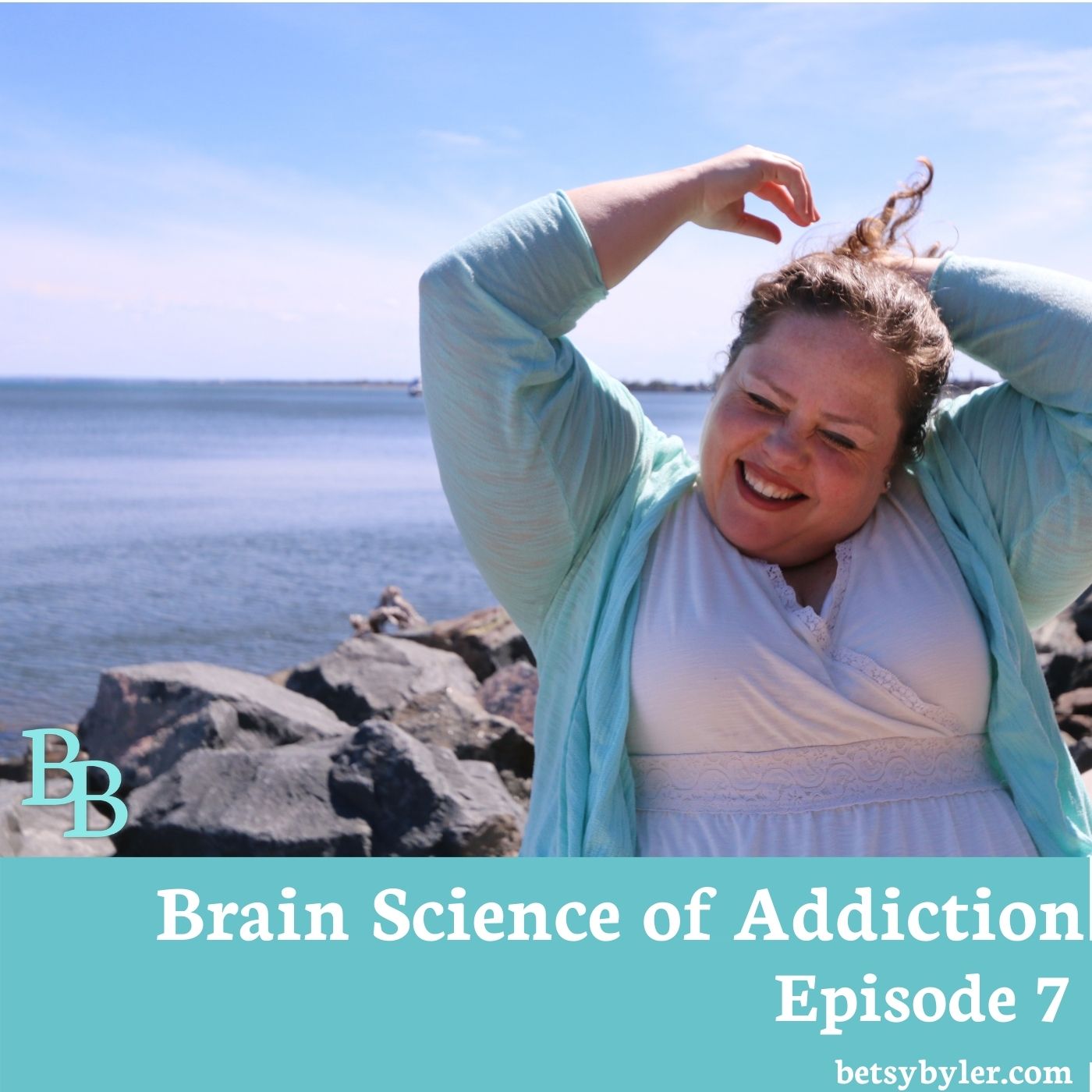Brain Science of Addiction
- Author
- Betsy Byler
- Published
- Mon 02 Nov 2020
- Episode Link
- https://betsybyler.libsyn.com/all-things-substance-episode-7-brain-science-of-addiction
- What role does the brain play in addiction?
- Is addiction a matter of willpower and choice or is it about biology?
Addiction is a hard thing for many people to talk about. Either their own addiction or their loved one’s addiction. This is because addiction is destructive and it leaves people wondering “why” a person does this to themselves. In this episode we talk about what is happening in the brain when someone is using substances and address the question of how addiction happens.
In this Podcast
- Brain research has been done and outcomes show that the brain is physically changed by addiction in ways that make addiction thrive
- The basal ganglia has two subparts (nucleus accumbens and dorsal striatum) that are integral in the binge/intoxication stage
- The extended amygdala is involved with the withdrawal/negative effect stage
- The frontal cortex is involved with the preoccupation/anticipation stage
- Addiction creates powerful changes in need for pleasure, dopamine release, habit forming, increased sensitivity to stress and reduced ability to manage stress.
- The changes in the brain happen without a dramatic shift at one time so people don’t notice they are in over their heads until its too late and addiction has set in.
